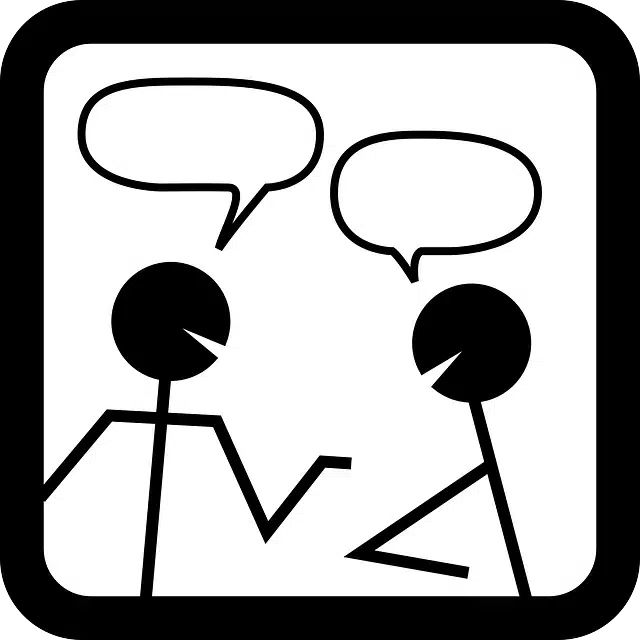
Oral language is a communication system that uses speech.
The Occitan word idiomatge came to our language as a language . This is the name given to the ability of expression and communication that people have through the use of a system of signs. The term can also be used specifically to refer to the system used for verbal communication (i.e., language ) or to a particular code of signs.
Oral , on the other hand, is an adjective that comes from the Latin orālis , which refers to what is “for the mouth.” The notion is used to qualify that which manifestation occurs through the spoken word.
What is oral language
Oral language is the communicative system that uses speech . Like the rest of the languages, it has a certain structure and is developed according to certain rules .
It is often indicated that oral language is the basic tool for human communication. It is learned at an early age and used constantly in everyday life, where much of the interactions are conversations .
From childhood, oral language is the main resource of expression and a learning instrument. When dialoguing, people share their ideas and feelings, request information and make requests, to name a few possibilities.

Oral language is constantly used in everyday life.
Acquisition and development
Oral language can be understood as the ability to use the verbal system to establish communication . This capacity, as we already indicated, begins to be acquired in childhood.
Learning begins through imitation . The stimuli from the environment, in this framework, are key. Over time, each human being generally manages to communicate on their own and autonomously in the most varied situations, contexts, spaces and moments.
The choice and organization of words and statements are very important to express oneself correctly using oral language. Understanding messages , in turn, requires interpreting signals that are extralinguistic and can be associated with attitudes, motivations, etc.
Difficulties learning and using oral language
According to experts, children can begin to speak well at approximately 3 years of age . This is achieved when, in addition to having normal organic capacities for the production, reception and interpretation of words, children have grown up in a social and linguistic environment conducive to the development of these skills .
If someone has problems hearing or generating their voice, for example, they will not be able to use oral language, or at least they will have difficulties doing so. On the other hand, if an individual grows up isolated or without stimuli for learning , they will not develop their oral language normally either.
Exercises and learning techniques
There are many exercises and games that can be done with children at home to help them develop oral language. Inviting them to identify and name different elements (such as toys, body parts or colors), to point out a possibility, is enriching.
Reading or telling stories to them also contributes to oral language since it familiarizes them with the words, helps memory and enhances imagination. It even lays the foundation for the production and understanding of written language .
